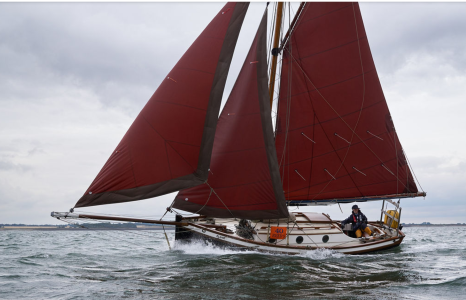Koeketiene
Well-known member
Do they ever?
Does it only apply to some models?
Does it only apply to wooden boats and not GRP ones? Is there such a thing as a 'plastic classic'?
Etc...

Does it only apply to some models?
Does it only apply to wooden boats and not GRP ones? Is there such a thing as a 'plastic classic'?
Etc...

